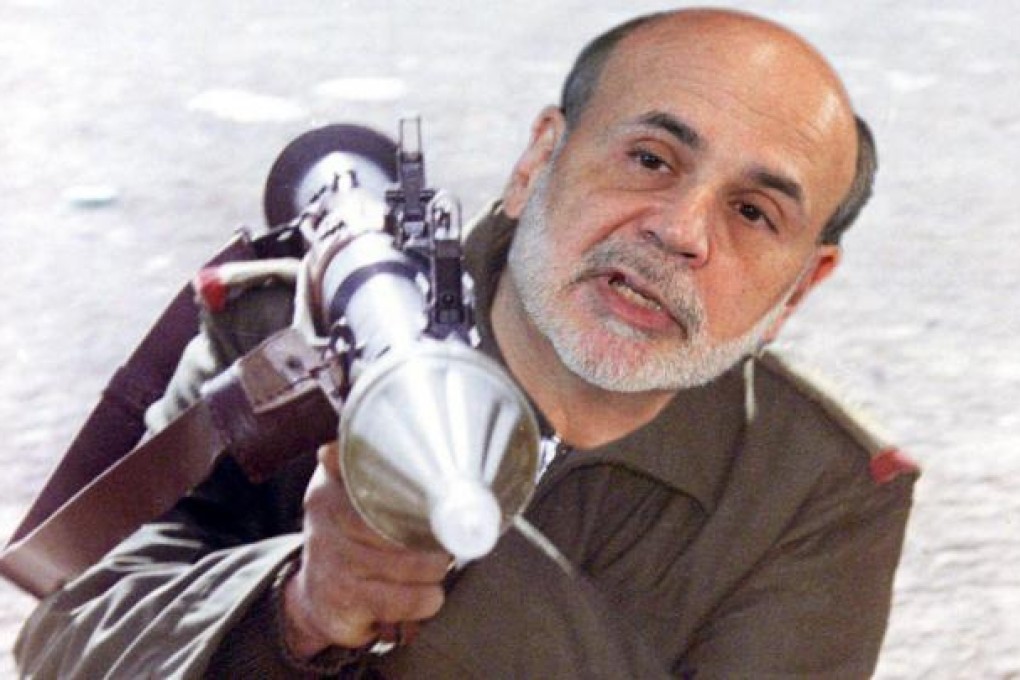
After a summer lull comprising four entirely uneventful weeks, local markets finally appear to be waking up to what promises to be one of the most important and action-packed months in, well, months.
Local investors will be most focused on whether the imminent prospect of further monetary accommodation by the US Fed, the European Central Bank (ECB), and possibly even the People's Bank of China, signals a buying opportunity.
The last round of monetary easing from the ECB in late December 2011 triggered a sugar rush that saw the Hang Seng Index rally more than 20 per cent in just two months. Could it happen again?
On paper, the chances appear good. Recent communiques implying financial intervention from Fed chairman Ben Bernanke at Jackson Hole the week before last and "unlimited bond buying" by ECB president Mario Draghi in Brussels last week have been unusually positive and direct. If we are to believe that US and European bazookas are being primed, surely now is the time to buy?
To answer this question, it is helpful to remind ourselves that quantitative easing (QE) is a two-stage process whereby, initially, central banks print money and buy bonds, causing interest rates to fall. The logic then assumes that private money that might have been tempted to invest in risk-free assets is subsequently tempted towards riskier assets - such as equities - which boosts confidence as prices rise and encourages further investment. In the jargon it's called a "positive feedback loop".
The problem is, only the first bit appears to be working. Yes, interest rates are low and likely to remain so for some time. More importantly - and where the jury is still out - is the question of whether QE has engineered stage two of the process: generating the so-called wealth effect caused by rising prices for risk assets (such as stocks and bonds).
Firstly, we have to ask whether QE will actually happen. Bazookas tend only to be fired when the situation has become truly dire. One might ask, after the recent run of reasonably positive data in the US, if things are really that bad.